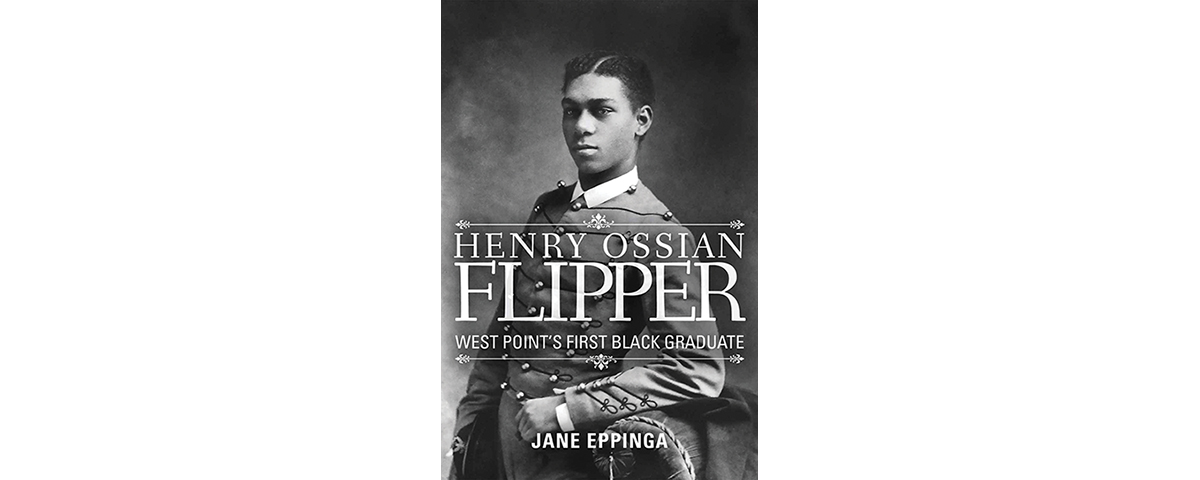Henry Ossian Flipper: West Point’s First Black Graduate, by Jane Eppinga, Wild Horse Press, Fort Worth, Texas, 2015, $19.95
Of all the buffalo soldiers who served with the 10th U.S. Cavalry (Colored) in the West, Lieutenant Henry Ossian Flipper was unique in having already been a pioneer back East—as the first black graduate of the U.S. Military Academy at West Point in the face of daunting odds. Aside from his frontier activities, he is also known for his court-martial for misappropriation of funds and falsification of records that led to his dismissal on June 30, 1882, for “conduct unbecoming an officer and gentleman,” though he was not convicted on the more concrete charge of embezzlement.
For the rest of his life Flipper sought exoneration, to no avail. What makes Jane Eppinga’s updated biography (it was originally published in 1996) of interest to Western scholars is the fact that even while trying to regain an honorable place in the Army he’d chosen as his avocation, Flipper managed not to make it the be-all and end-all of his existence. Unable to return to Thomasville, Ga., where even his own family wanted nothing to do with him, he settled in El Paso, Texas. From there he embarked on a number of civilian endeavors, from writing to engineering to mining, operating not only in the American West but also in a Mexico caught up in revolution.
While resolution of his life’s principal mission didn’t come about till December 1976, when the Department of the Army granted him an honorable discharge, Flipper, who had died in 1940, left behind quite a track record for a disgraced officer. In 1977 West Point established the Henry O. Flipper Memorial Award, and on Feb. 19, 1999, President Bill Clinton granted the first posthumous presidential pardon in U.S. history. Eppinga’s research for the original biography contributed to Flipper’s exoneration, and she bolsters her update with research that sheds more light on his family background, life and times. The revisions give added dimension to a complex character and reinforce his credentials as a Westerner, not just a West Pointer temporarily gone West.
—Jon Guttman





